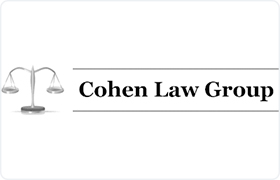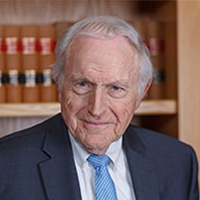Newtonville Foreclosure Lawyer, Massachusetts
Sponsored Law Firm
-
 x
x

Click For More Info:
-
Cohen Law Group
500 Commercial St Unit 4R Boston, MA 02109» view mapBusiness, Real Estate, Accident & Injury Over 50 Years Of Experience
With over 50 years of experience, the Cohen Law Group is a well-established law firm located in the heart of Boston’s historic North End.
800-790-5110
David Alan Herlihy
Foreclosure, Immigration, Divorce, Criminal
Status: In Good Standing Licensed: 41 Years
James R. Ferraro
Foreclosure, Criminal, Collection, Bankruptcy & Debt
Status: In Good Standing Licensed: 30 Years
Neal A. Winston
Foreclosure, Motor Vehicle, Deportation, Criminal
Status: In Good Standing Licensed: 46 Years
Keith S. Halpern
Foreclosure, Lawsuit & Dispute, Immigration, Criminal
Status: In Good Standing Licensed: 42 Years
Daniel S. Bleck
Foreclosure, Health Care Other, Business Organization, Bankruptcy
Status: In Good Standing
Mary Lee Moore
Commercial Real Estate, Foreclosure, Merger & Acquisition, Workout
Status: Inactive Licensed: 42 Years
 Herbert Cohen Boston, MA
Herbert Cohen Boston, MA Practice AreasExpertise
Practice AreasExpertise
